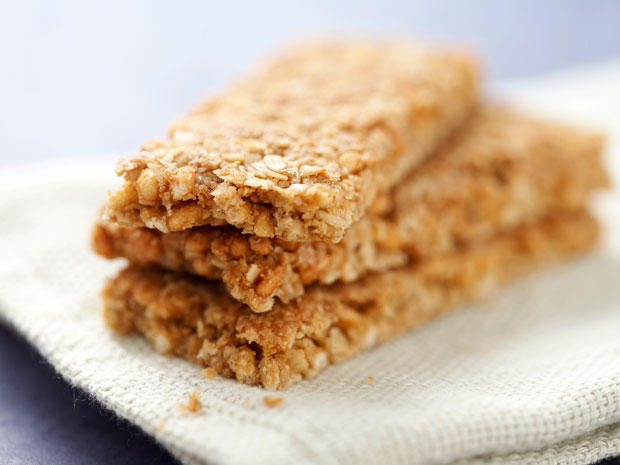Lose Weight > Weight Loss Tips > About Tips > Weight Loss Tips That Help You Create A Thin, Yet Healthy Body
Weight Loss Tips That Help You Create A Thin, Yet Healthy Body
In order to avoid any problem on health, it is best to maintain a healthy, well balanced diet. In this way, you gain control in developing your body into something that is desirable and in good physical shape.
On the other hand, if you are one of those many people who are currently suffering from obesity and other weight-related problems, it is best that you learn the secret to effective weight loss now or suffer the consequences more.
To get you started, here are some practical weight loss tips that will let you get the body shape that you want and stay at the peak of health.
Keep your eye on your metabolism
Sugar, you see, set off specific "metabolic processes" that are both madness for your waistline and damaging to your health. Sugar is considered as a metabolic toxic.
The American diet mainly consists of sugar. No wonder why nearly one-third of the American adult population is considered as obese.
And even if you do not take sugar straight, you will find it already inserted into a thousand different foods and beverages before they come to your table, put, for the most part, into stuff that, if it had not been made so sweet, you would wrinkle your nose up at.
Consequently, the problem continues to prevail if information had been disseminated regarding the harmful effects of excessive sugar content in the body.
The point here is that common sense will dictate that when a lot of people try the same answer to the same problem and they all fail, there is something wrong with their solution. And avoiding sugar may not be the simple solution after all.
You may have tried a low-calorie diet and you may have seen other people tried it. After a promising start, they end up as failures.
So the question now lies on whether sugar is really bad for the body or is it because it triggers certain metabolic processes that the body does not need.
Be wary on your insulin
Insulin is produced in the islets of Langerhans, a fraction of your pancreas. By the time your blood sugar increases, insulin dashes forward and change a fraction of "glucose" to "glycogen." Glycogen is a stored starch in the liver and the muscles. It is readily made available for energy consumption.
If all the glycogen supply areas are loaded, considering that there is too much glucose in the blood in spite of everything, which is, in essence outside the required amount of the body to function normally, insulin will alter the surplus to "fatty tissue" known as "triglyceride," which humans have in their bodies as the main substance of "adipose tissue."
No wonder why insulin has been known as the "fat-producing hormone."
In essence, insulin is an excellent worker. Otherwise, your body could not administer glucose, its primary energy, and levels of "blood glucose" will increase while the body explored for supplementary energy, your muscle tissue and fat stores.
On the other hand, assuming insulin is too efficient, or in abundance, it would administer a large amount of glucose to distribute it in the blood to stimulate the brain.
As an obese person gains more weight, the insulin dilemma gets bigger too. Various studies have exposed that the overweight person is exceptionally insensitive to the administration of insulin.
For so many years now, most weight loss tips have focused on exercise and proper balanced diet. Health experts say it is time to focus on these two important aspects of maintaining weight to achieve positive results.
Related Articles
-
Methods For Reducing Your Weight Easier
Whether you are considering a diet or are already on the eating plan
-
Fast Weight Loss With Weight Watchers?
We all want to lose as quickly and easily as possible. It all s
-
Weight Loss Tips - What You Should Really Know Before Starting On Atkins Diet
A bulging disc will not be a cause for panic as theyre fairly widespre
-
Late Night Hunger Explainedvar zeus = zeus
If you find yourself elbow-deep in a box of dry cereal late at night,
-
How to Get a Smaller Waist
Having a small waist in proportion to your body shape is considered t
-
9 Easy Ways to Boost your Metabolism Every Day
You can trick your body into burning calories more efficiently
- DON'T MISS
- Drop Weight With This Powerful, Effective Advice
- Want To Look Great In That Bikini? Try These Tips!
- Treadmill: One Of The Most Successful Ways Of Reducing Weight
- 6 Weight Loss Tips For Women
- Safe Tips For Seeing Fast Weight Loss
- 5 Best Workouts You Can Do in Front of Your Television
- Simple Weight Loss Tips For Natural Weight Loss
- Go Ahead, Dont Think Before You Eat
- 8 Proven Ways To Stop Your Stress Eating Now
- How to Gain Weight As a Vegetarian




